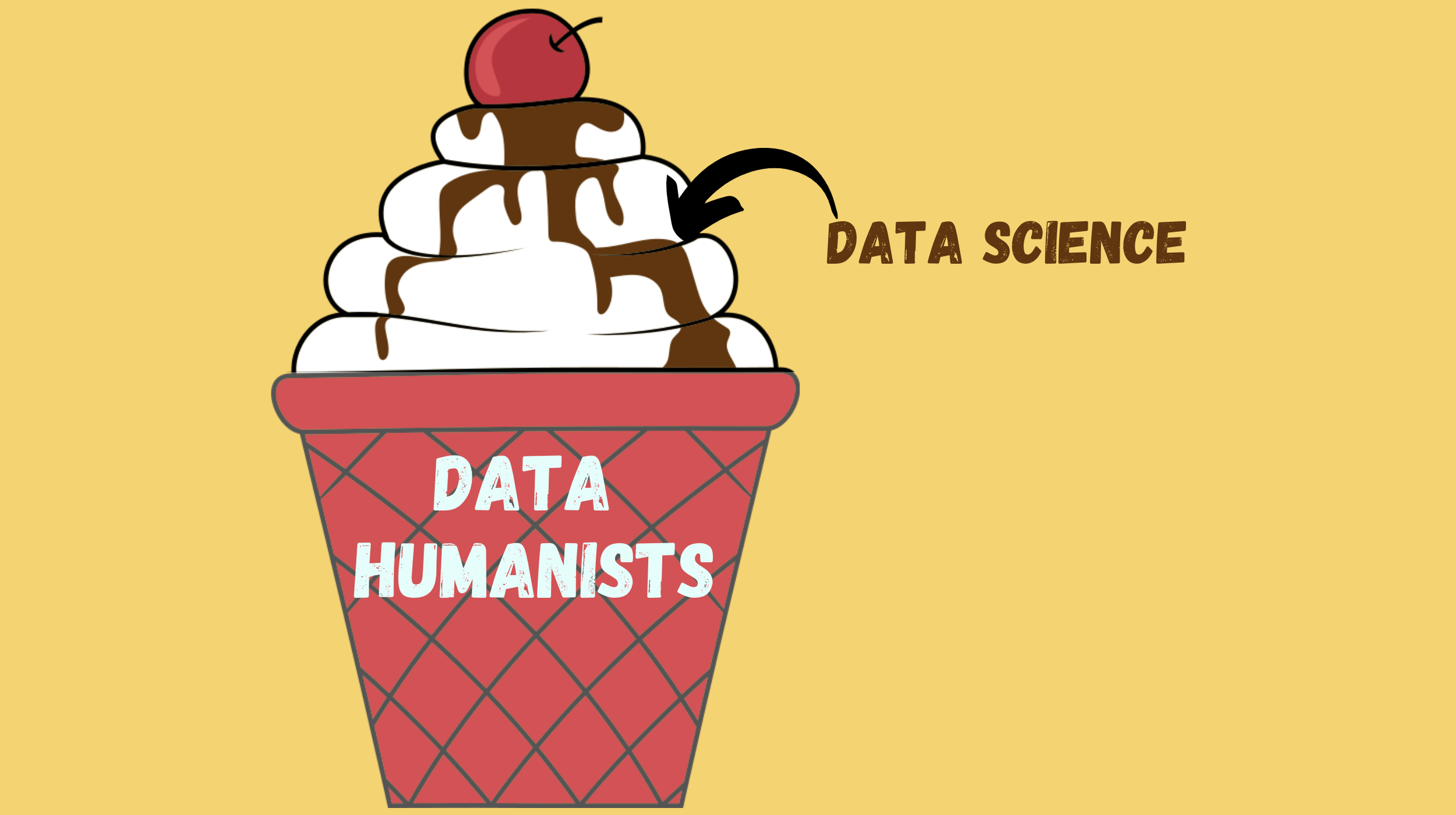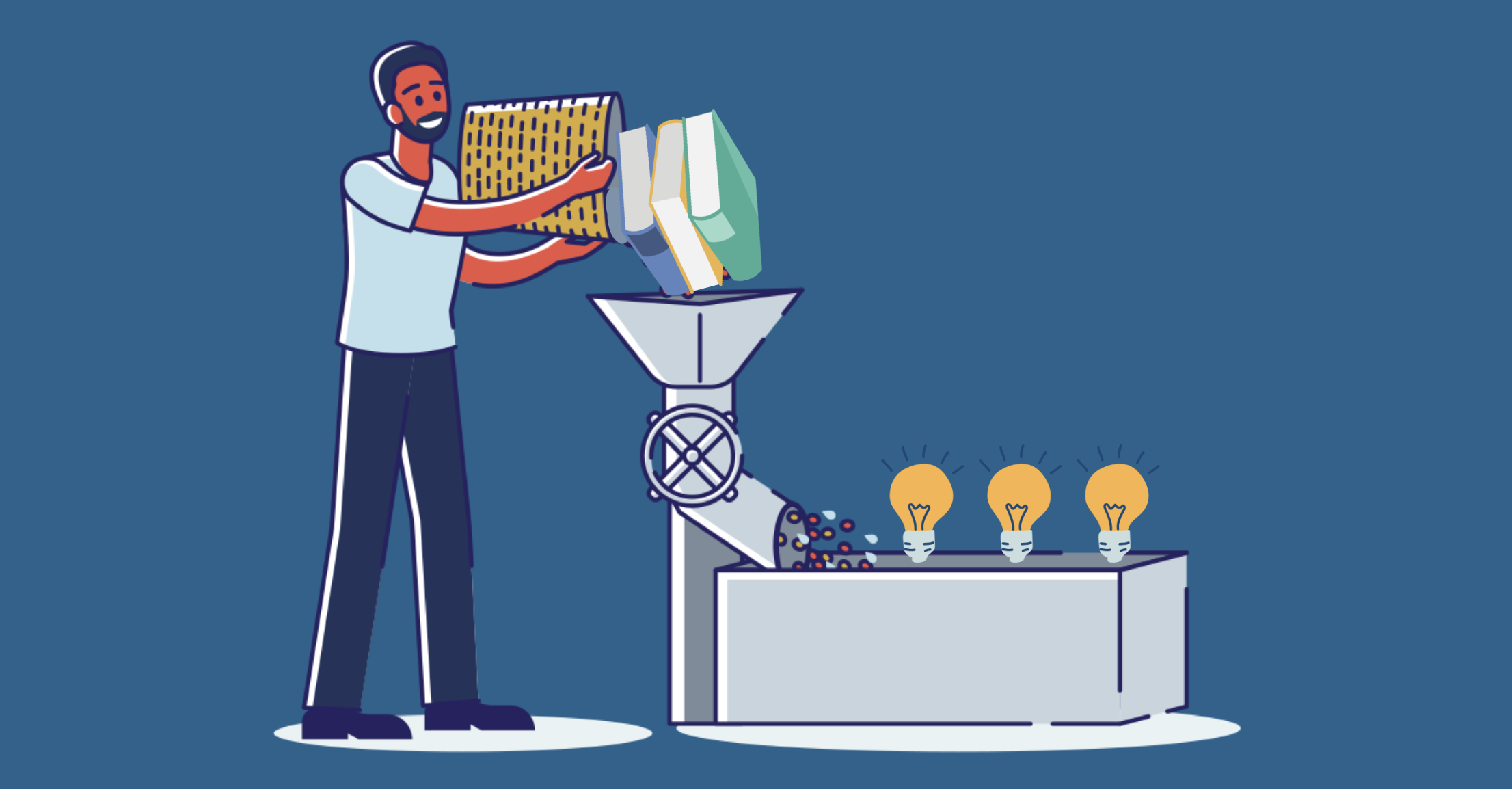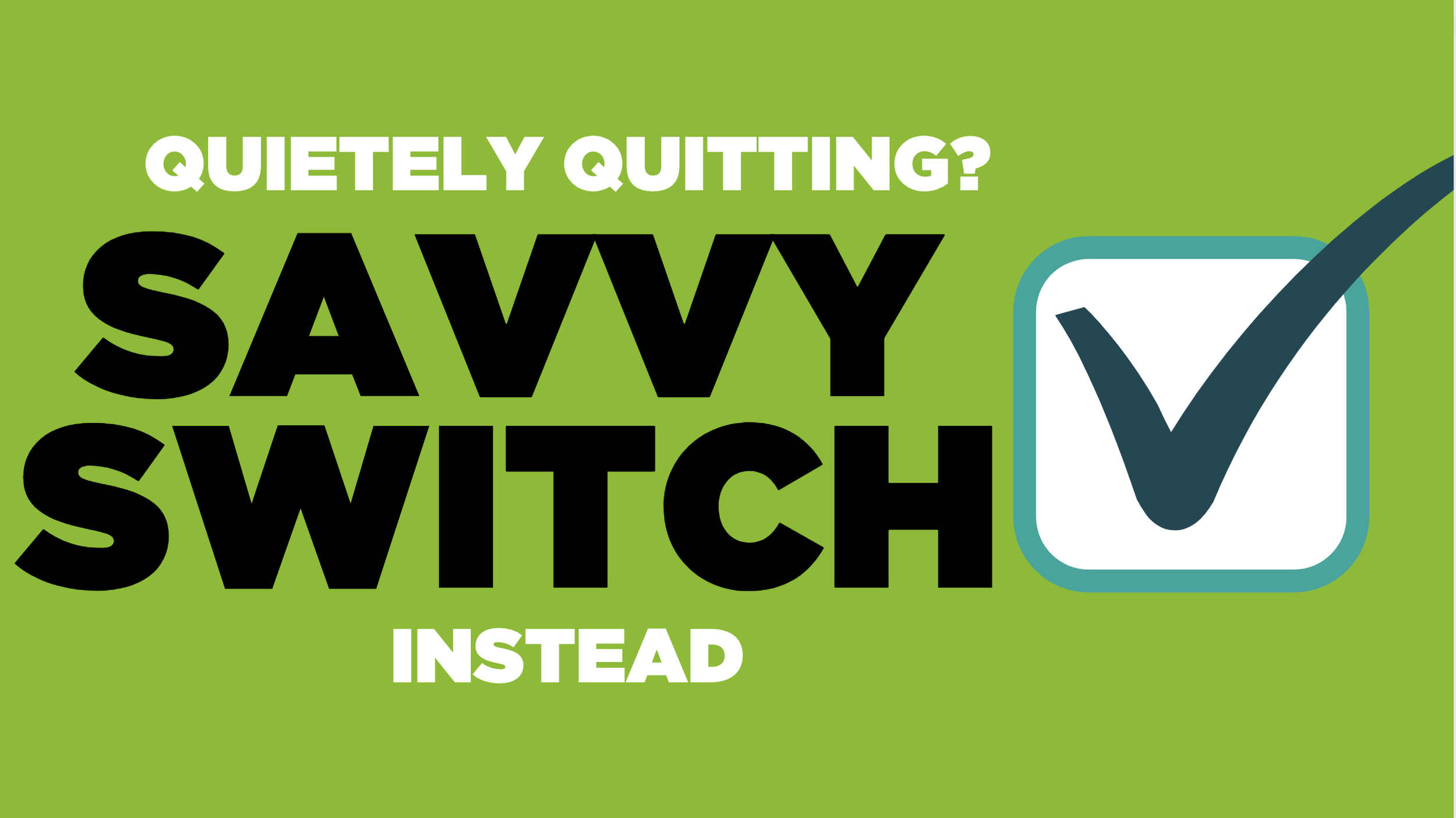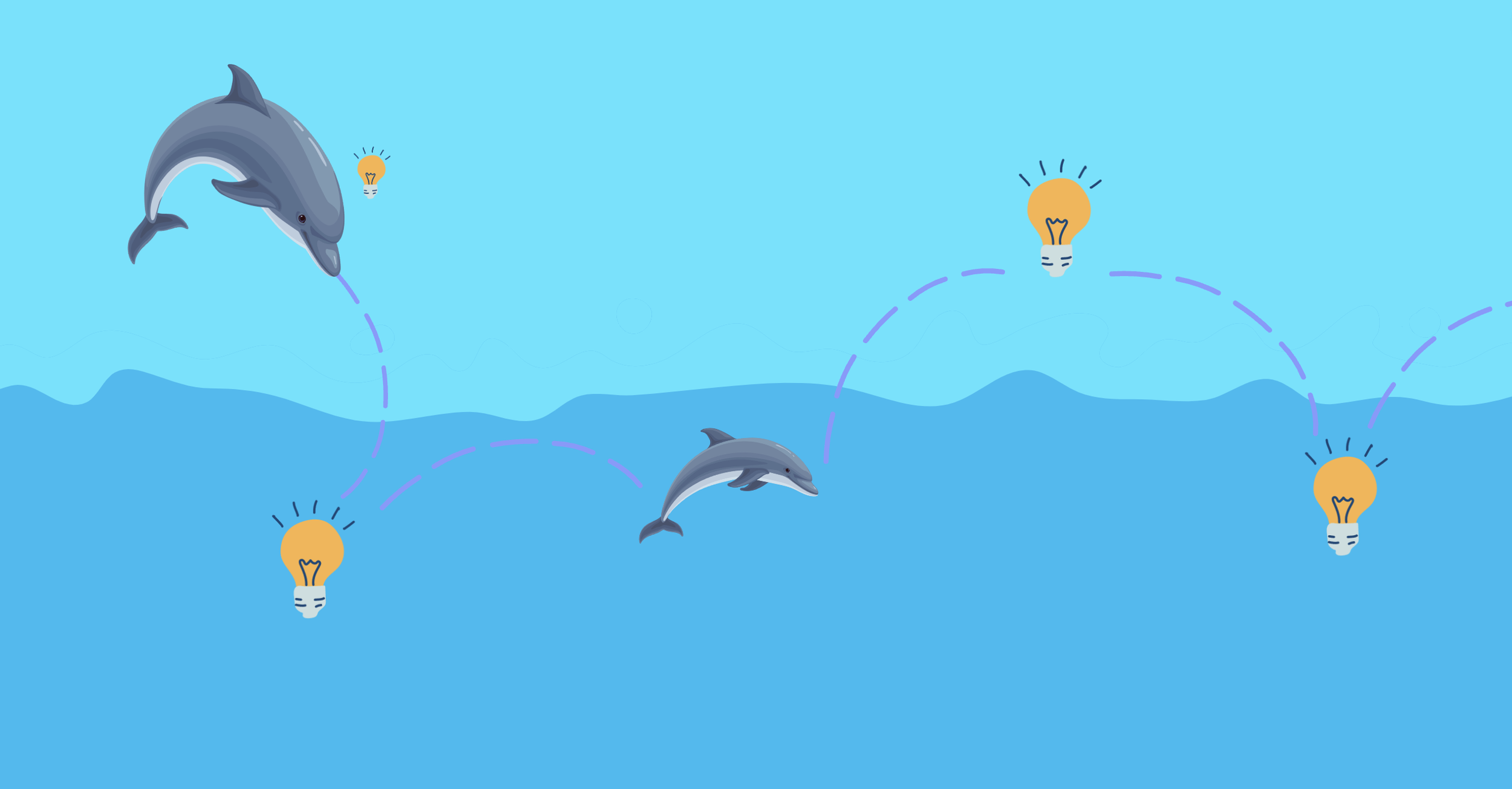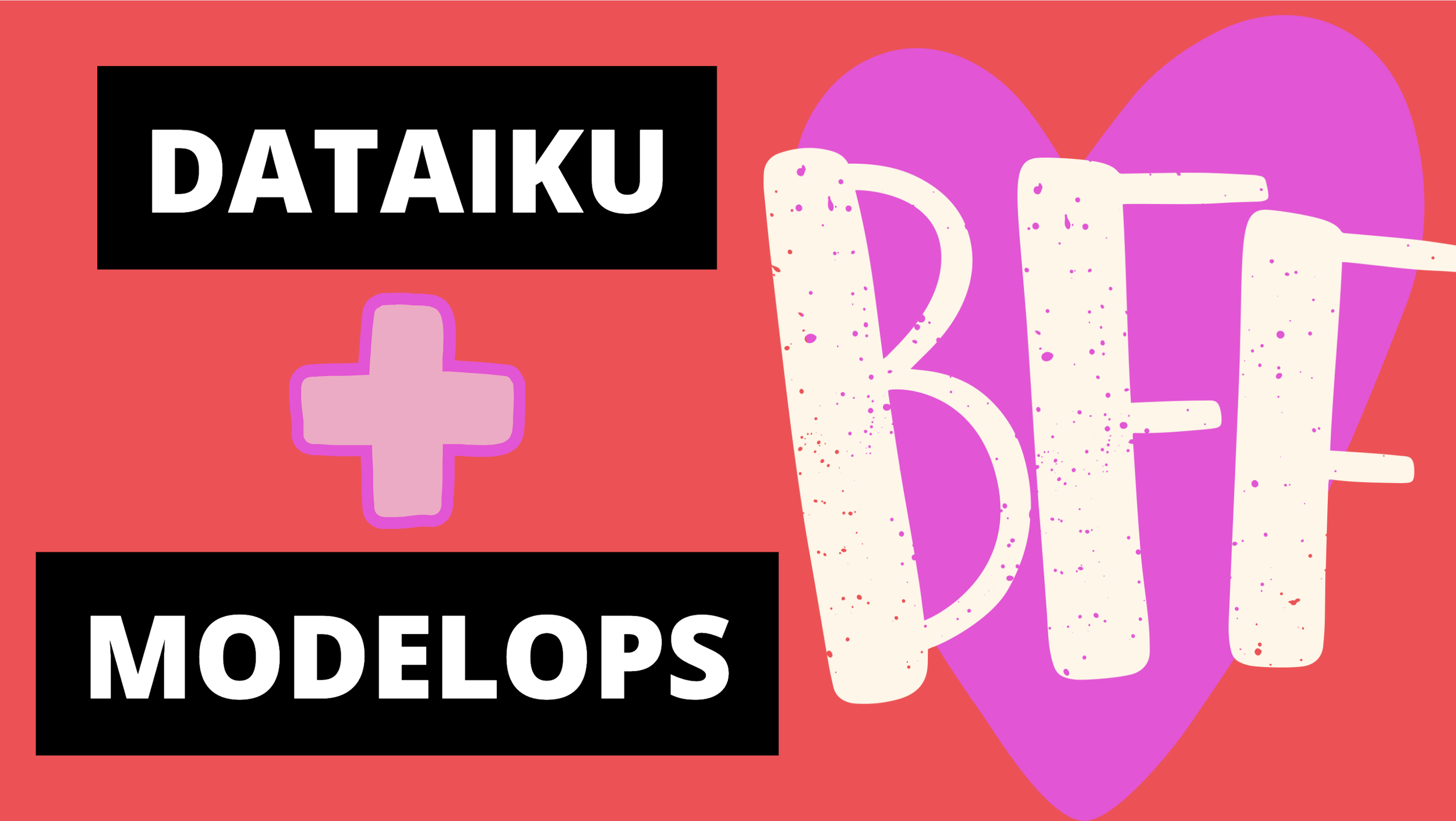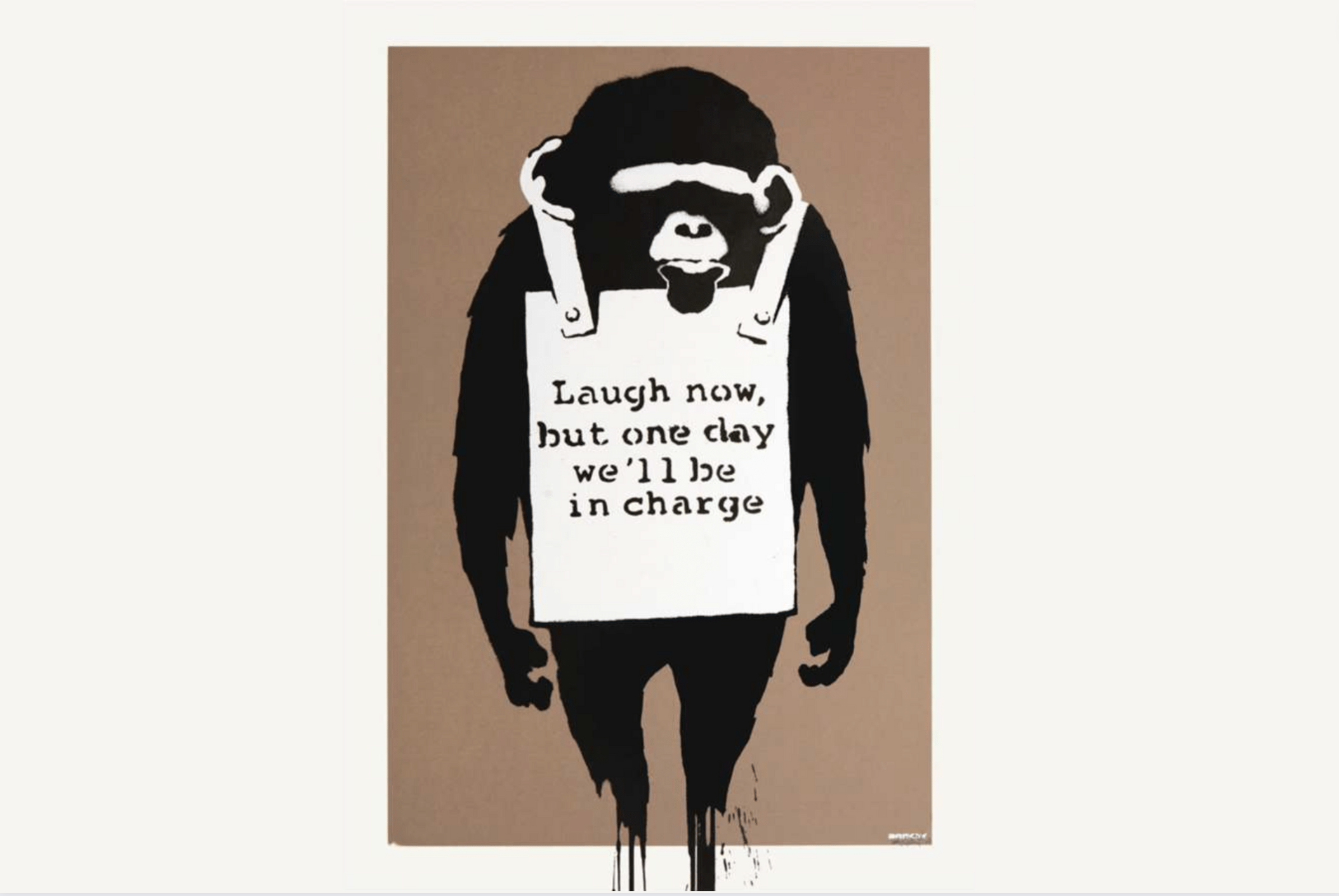Why Data Science Literacy is the New MBA
The most valuable literacy is fast becoming data science. Here’s why, how to get it, and seven jobs where you can apply your new chops.
Data science literacy is the new MBA. McKinsey reports that data literate organizations are three times more likely to outperform competitors. So are data literate employees three times more valuable than data-illiterate ones? I think so.
Hybrid data scientists have a primary interest in business, marketing, healthcare, management, the environment, sales, the humanities. And they augment that primary skill with Python, data, and analytics literacy.
Pulitzer Prize-winning reporter George Anders explains that demand for humanist-tech jobs is growing three times faster than pure tech roles. Overall, 6% of jobs in the US are pure tech—increasingly, most of the other 94% require good technical literacy. An "MBA" in data science isn't necessary; a few credible certifications and intense curiosity will do. (See appendix for resources.)
Here are seven great jobs of today and tomorrow that are crying out for data science skills:
1. Entrepreneurs that use AI can make any business better:
In transportation, think about a new transportation nervous system
In healthcare, use AI to augment decisions by frontline doctors and nurses
In education, teach why AI is cool
In manufacturing, imagine the implications of train-alytics
In mining, use AI to detect dangerous conditions before it’s too late
In government, transform the infrastructure with real-time AI
This list is endless: data science, AI, and automation can make any product better and, in some cases, change the world.
2. Managers who coach teams about data. Every leader needs a basic literacy in data, AI, and analytics. Unfortunately, many people stop learning once they become managers, directors, VP, and beyond. Don't do this. Indeed, the higher you advance, the more data-aware and curious you need to be. Instead, learn about AI/ML, and apply it to your decisions.
3. Consultants who drive digital innovation. Every consulting firm (e.g., KPMG, E&Y, McKinsey) advises on so-called "digital transformation," which essentially means applying data analytics to business strategy. As a result, EVERY business domain—accounting, banking, manufacturing, healthcare can benefit from AI/ML, and the consultants that craft those strategies need data science literacy.
4. Marketers who build fans with algorithmic engagement. My CMO mentor advised me to "never hire people with only a marketing degree for marketing roles." His point wasn't that marketing degrees are useless; his point was that great marketers deeply understand the products they're marketing. So, as all products get AI inside, use your new data science chops to deeply understand how to talk to a new audience that's AI-savvy.
5. Customer Success Managers who build relationships informed by data. "CSM" is a hot and grown job because most businesses depend on stable, reliable subscription revenue streams. They build customer success management teams to engage and retain clients to retain subscriptions. CSMs benefit from data analysis to understand: which customers are at risk? How can I discover resources to "surprise and delight" my customer? Data guides those decisions.
6. Salespeople who use data to persuade. Sales is where the business rubber meets the road. Indeed, all of life and every job requires the ability to persuade. Yet many perceive salespeople as pushy, rude, and manipulative, but that's bad selling. Good sales skills are invaluable. If you have data science skills, look for a "smart" product to sell. Not only will you learn to understand the value AI can add to anything one might buy but also you’ll build excellent life skills, too.
7. Data Scientists! Hey, wait! Don't forget the beloved data science job. If you love swimming in data and algorithms all day long, go for it!
Data Science is a job and an aptitude. Look beyond the obvious jobs to hybrid roles, and doors will open everywhere.
Appendix: Five Literacy Levels and One Resource for Each
LEVEL ONE: You Can Do Anything by George Anders explains trends and opportunities in hybrid data science positions in the modern workforce and the importance of a humanist education to address those roles.
LEVEL TWO: Try LinkedIn Learning's Data Analytics for Business Professionals by John Johson to ease into things. I'm a big fan of LinkedIn learning, and this one is short, simple, and targets business users. This course won't achieve what I would call "literacy," but it's an excellent introduction to data, question-crafting, and essential data science concepts.
LEVEL THREE: Join a data analytics community. My favorite is the Data Visualization Society. DVS has an excellent blog/print publication (Nightingale) on data storytelling, a Slack community with an enthusiastic following, and good people to learn from and ask questions.
LEVEL FOUR: Data Science For All by Correlation One is an example of a data science literacy program. It's a free (stringent application process required) 13-week program in data science for adult learners from underrepresented groups. The curriculum includes hands-on (basic) coding, mentoring, live teaching assistants, cohort learning, and project work. Look for a program like this.
LEVEL FIVE: The next level would be a program like Harvard Business Review’s Applied Fundamental Data Analysis to Real Business Problems or a similar in-depth program. It's costlier and deeper than a program like Correlation One, but it's an example of the big next step. Here’s their syllabus.



